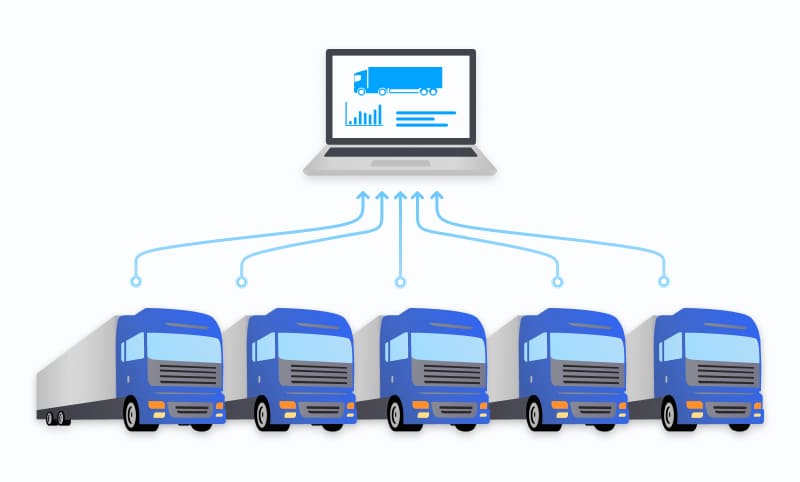FlexiHub Team uses cookies to personalize your experience on our website. By continuing to use this site, you agree to our cookie policy. Click here to learn more.

A significant part of truck issues can be diagnosed by checking the OBD readings and providing recommendations. The repairman does not need to be physically present - but they do need access to the scanner. The ability to connect to vehicles over the internet would save experts precious time and travel costs.
Remote truck diagnostics are especially important with company truck fleets. When regular checkups are required for hundreds of trucks, stationed across multiple cities, remote vehicle diagnostics can centralize this process.

It will now behave as if it’s connected directly to the computer, and the mechanic will be able to get the readings from the sensors. Remote diagnostics truck technology is just one out of many possible uses for FlexiHub.
"With FlexiHub and multiple Android devices with OTG cables, I can monitor my clients' trucks without any limits. Whatever the distance is - I can access any truck and correctly diagnose its issues. Some of my clients even bought scanners so that I could work with their cars. FlexiHub made remote vehicle diagnostics easy for my company!"
Sam Thornthon, Truck Diagnostic Service Specialist
Vehicle OBD is done with a system of built-in sensors. The system produces fault codes that indicate an impending part failure. With the introduction of remote device access software like FlexiHub, the fundamental technology remains the same, but there is a significant change in customer experience and scalability.
Getting the codes is as much a technical task as any other form of car maintenance. With remote diagnostic technologies for trucks, it’s much easier for a car mechanic to handle this process directly, rather than explaining to the customer what needs to be done.
When it comes to a large number of trucks, the process doesn’t just get quicker and easier - it can be automated. The important checks can run entirely in the background, only notifying the technicians when something is wrong. Truck tech remote diagnostic automation would make it possible for fewer staff members to run a larger transportation network.
